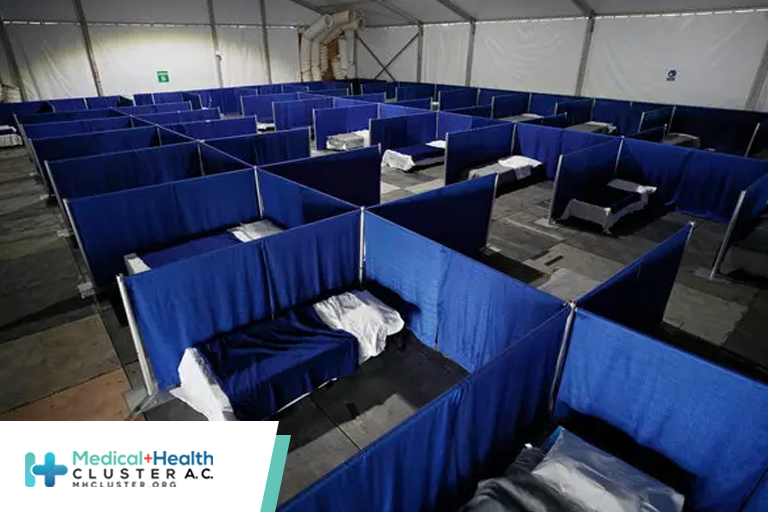En atención a la creciente preocupación sobre la confianza en...
Leer más
C.D.C. Shortens Isolation Period for People With Covid

Americans with Covid or other respiratory infections may return to daily activities if they don’t have a fever and their symptoms are improving.
Americans with Covid or other respiratory infections need not isolate for five days before returning to work or school, the Centers for Disease Control and Prevention said on Friday, a striking sign of changing attitudes toward the coronavirus.
People with respiratory illnesses may resume daily activities if they have been fever-free for at least 24 hours without the aid of medications and if their symptoms are improving, agency officials said.
Acknowledging that people can be contagious even without symptoms, the C.D.C. urged those who end isolation to limit close contact with others, wear well-fitted masks, improve indoor air quality and practice good hygiene, like washing hands and covering coughs and sneezes, for five days.
The guidelines apply to Covid, influenza and respiratory syncytial virus, among other respiratory ailments, which should make it easier for people to comply, Dr. Mandy Cohen, the C.D.C.’s director, told reporters on Friday.
“Our goal here is to continue to protect those at risk for severe illness, while also reassuring folks that these recommendations are simple, clear, easy to understand and can be followed,” she said.
Dr. Cohen noted the sharp decreases in the numbers of Covid-related hospitalizations and deaths this winter compared with those in previous years, and said a vast majority of hospitalizations had occurred among Americans who did not receive the latest shots.
Vaccination also decreases the chances of long Covid, she added.
The C.D.C. last changed its policy on isolation for those with Covid during the Omicron wave two years ago, when record infections ground the nation to a halt. The isolation period was cut to five days from 10.
The agency is unifying the recommendation for respiratory illnesses because the symptoms are often hard to tell apart, the viruses spread in much the same way, and they can be prevented with similar strategies, said Dr. Brendan Jackson, who leads the agency’s respiratory virus response team.
Some outside experts applauded that change. “I think that makes a lot of sense, because people are not testing,” said Dr. Céline Gounder, an infectious disease specialist at Bellevue Hospital Center and editor at large for public health at KFF Health News.
“If you don’t know which virus you have, how are you supposed to follow the right guidance for Covid versus flu versus R.S.V. versus the common cold virus?” she said.
Even as the agency was considering the change, some experts expressed consternation that it might lead the public to think Covid was no longer a threat. They also worried that without a recommendation to isolate for five days, employers might pressure employees to return to work before they are well.
Little has been done to improve indoor air quality in most places, and wearing masks can be socially uncomfortable for many people, Dr. Gounder said.
“This is again putting a lot of burden on the individual to do the right thing by public health,” she said. Making masks affordable and providing them in public spaces and workplaces would help people follow the new guidelines, she added.
Raynard Washington, health director of Mecklenburg County, N.C., said it was important that officials continued to emphasize that Covid still posed serious risks for many people.
Still, “having a streamlined, consolidated guidance across the respiratory viral portfolio will allow us to be able to do public health on the ground at the state and federal level, to send a very clear message to people,” he said.
The recommendations are for the general public and do not apply to health care settings or nursing homes.
Dr. Washington urged Americans to always consider that there may be people around them who are at high risk from a coronavirus infection.
“It’s not like people have on a sign that says, ‘I’m immunocompromised,’” he said.
Source: https://www.nytimes.com/2024/03/01/health/covid-isolation-cdc.html




